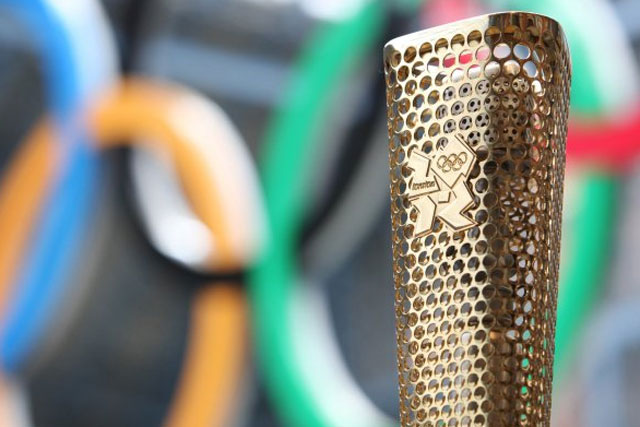
As London and the rest of the world gets ready for the start of the 2012 Olympics, the question asked by many businesses is will they be able to profit from the games as much as they had originally hoped?
In many ways the 2012 London Olympics provides excitement for consumers as well as opportunities for brands and retailers to profit from the feel good factor that the games provide.
And in the current economic climate, it is hoped by all that the games will provide a much needed economic boost to flagging sales.
According to Howard Archer, IHS Global Insight: "Retailers will be very much hoping that the London Olympics will provide a significant list to their sales over the coming weeks as people buy related merchandise and souvenirs, and also purchase extra drink and food to enjoy watching the games..."
Across the high street we have witnessed a whole host of different product launches and promotional campaigns based around the Olympics theme, from Cadbury’s ‘Spots Versus Stripes’ campaign and Hovis’s ‘Gold Start Challenge’, to Pantene’s ‘Beauty on the Podium' and M&S Olympic logo biscuit tins.
It seems everyone is hoping to cash in on the feel good factor that the games will bring.
However, the country is in a very different state economically in 2012 compared to seven years ago in 2005 when London won the hosting rights.
Given the change in the UK’s economic situation, will British consumers still be willing to part with additional cash and spend more money than they would usually?
Research conducted earlier this month by Ipsos Mori suggests that spending may not increase as much as is hoped - at least not among British shoppers.
Three in four (74%) adults claim they won’t be spending more money than usual during the Olympics and Paralympics.
It would seem that consumers will be most likely to celebrate and watch the Olympics from the comfort of their own homes. As a result retailers will benefit more from the Games than pubs and restaurants from increased consumer expenditure.
The categories shoppers are most likely to spend more on are food and snacks for home entertainment (10%), alcoholic drinks for home entertainment (7%) and soft drinks for home entertainment (7%).
In contrast only 3% expect to spend more on food and drink in pubs and 4% from restaurants and cafes.
Enthusiasm for Olympic branded souvenirs and merchandise is fairly low overall - only 4% expect to purchase these. Similarly only 3% expect to spend more on sports clothing or footwear.
Purchasing in all categories is skewed towards younger age groups. Four in ten of the 15-24 age group will spend more as a result of the games compared to only one in ten of the 65+ group.
Also, perhaps unsurprisingly given where most of the sporting action will take place, Londoners are the most likely to be spending more during the games, across all categories.
Just over half of Londoners (55%) will be spending more during the Olympics, compared to less than a quarter of people from the rest of the country.
This does suggest that at present other areas of the country feel more of a disconnect with the Games which is challenging for businesses.
Many companies in London are encouraging workers to work from home to avoid travelling. But despite this, Londoners are the most likely group to be spending more on travel during the Games period.
A fifth (22%) of Londoners will be spending more on travel during the Olympics versus 4% in other regions. This may indicate travel within London for the games themselves or outside of London, in order to avoid the anticipated heavy congestion.
It is too early to say that retailers and manufacturers won’t benefit as much as hoped from increased consumer spending during the next few weeks.
In June the Diamond Jubilee failed to deliver the promised boost to retail sales and the four day Jubilee weekend had no significant impact on retail sales. But this was partly due to the weather washout which meant barbeques and events were cancelled.
Businesses will now hope that as enthusiasm for the Games builds, consumers will get swept away in the feel good factor and increased patriotism that the Olympics will inevitably bring and spend impulsively in all areas as a result.
Let’s hope the sun continues to shine... or we can always pin our hopes on the tourists...
Sasha Birkin, associate director, Ipsos Marketing
Ipsos Mori spoke to 999 adults in GB aged 15+ between 6-12th July 2012, using CAPIBUS, its face to face omnibus.

